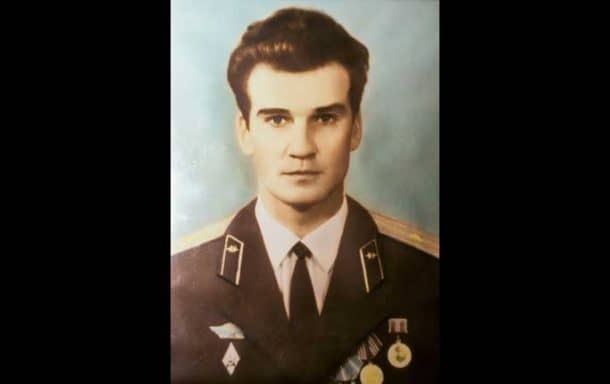Most of the world believes that the biggest threat to our planet is a nuclear war. Some may argue that global warming or AI is even a bigger one. However, the same could not be said back in the 20th century when the world was recovering from the aftermath of the second world war, and the cold war had engulfed most of the world. The constant fear of security had many countries tiptoeing on thorns.
The key players of the war; the US and USSR had blocks of countries divided in one’s favor or the other. What appeared to be an icy surface had threats boiling underneath, and that was not limited to the catastrophe of weapons. The powerful nations were in a fierce science and space race while pushing a lot of missions during that time.
Signed in 1972, the Anti-Ballistic Missile Treaty (ABM or ABMT) put a break to the development of ballistic missiles, but that did not last very long. In 1983, Stanislav Petrov, a military officer in the Soviet army, was stationed at a missile detection bunker. He got a message claiming that the United States had launched five nuclear missiles, all headed to Moscow. It was September 26th of 1983, and the 44-year-old Stanislav Petrov was not mentally prepared for the situation despite years of military experience.
He narrates the happening of the horrible day saying, “The siren howled, but I just sat there for a few seconds, staring at the big, back-lit, red screen with the word ‘launch’ on it…I had all the data [to suggest there was an ongoing missile attack]. If I had sent my report up the chain of command, nobody would have said a word against it.”
If he had reported the information directly to his superiors, the world would have burst out in flames of nuclear terror, but his gut instincts made him take a different decision. He did not believe the message to be true and he reported that it was a false alarm.
“There was no rule about how long we were allowed to think before we reported a strike. But we knew that every second of procrastination took away valuable time; that the Soviet Union’s military and political leadership needed to be informed without delay…All I had to do was to reach for the phone; to raise the direct line to our top commanders—but I couldn’t move. I felt like I was sitting on a hot frying pan,” says Petrov.

His training required him to report the incident to the Soviet military immediately, but he decided against it and called the duty officer at army headquarters. He reported that it was a system malfunction. If the strike indeed had happened, the next few minutes would have left Moscow in ashes.
“Twenty-three minutes later I realized that nothing had happened. If there had been a real strike, then I would already know about it. It was such a relief,” he said.
An investigation was later launched that found out the satellites had identified sunlight reflecting from the clouds as engines of ballistic missiles.
Petrov died in Moscow on May 19th at the age of 77, retiring at the rank of lieutenant colonel. The news, however, was made public only recently when German film-maker Karl Schumacher phoned him to wish him birthday on 7th September. He was informed by his son Dmitry Petrov that he had passed away months ago.
Not all of us are aware of the heroic feat that Petrov did, but we at least owe him a thank you for saving the world from a disaster that may have engulfed us all in the flames.


